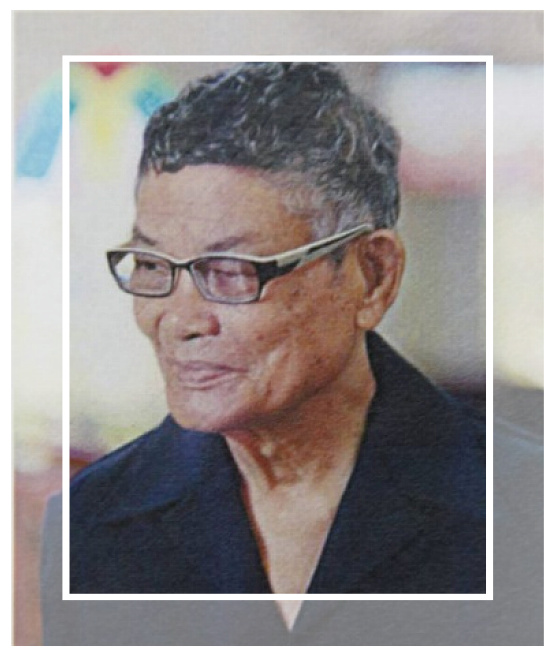I. Preface
~Dedication~
... in fond memory of Dr James Lee Wah (1931-2020).
The San Fernando-based pioneer was a former student, teacher and vice-principal (from 1966–1989) of Naparima College (often called Naps).
There are many expert scholars on Shakespeare and his dramaturgy than I wish to be. I wanted to place Shakespeare’s storytelling in the context of Mankind’s intellectual history development and the bicultural Calypso and Indo cultural history of TT seemed a useful vehicle for this purpose since it allowed me to meander from Greek-Homeric origins of Western civilization, African Griot to the Indo Sanskrit epic of Valmiki which would be known by a large number of the Trini population. The point was to show Shakespeare theatre as part of the archival memory of man which began and developed as storytelling whether Homeric or Virgilian epic or fairy tales of Grimm or Hans Christian Andersen or Scheherazade, Roots or theatre drama. Storytelling might be the first data collection software on man’s journey to the Webb telescope.
I was also taken with the archival beginnings of storytelling as history and religion; and its evolution through metric prosody, religious chants, language imagery, stagecraft, sound track effects, individual genius attribution versus collaboration and oral community editing (massaged material like Hamlet’s Indo-European origins). As well the role of Imperialism in the ubiquity of authors and culture. To wit the spread of Homer through Greek imperialism; Vergil and the Bible through the Roman imperium; Koran through the Islamic imperium of the Middle Ages; and Shakespeare through the British Empire on which the sun never set. These are alluded to rather than developed so that Trini students might be stimulated to pursue these allusion, assuming they still teach Shakespeare in Trinidad. The spread of the Indian epics through peaceful proselytization is a unique difference worth investigation.
English evolved from Beowulf, Chaucer, and Shakespearean to today’s alpha-numeric texting. I found the material lent itself to the compaction of today’s English and took advantage of today’s readers dispensing of academic Bibliographic and footnoting attributions to integrating sources within the article itself thereby minimizing footnoting distractions.
